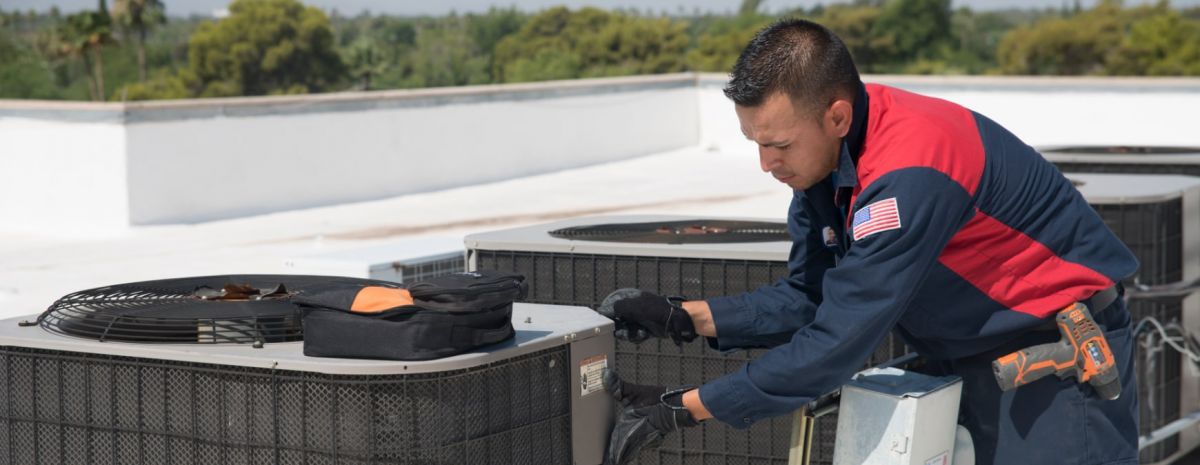RSI is a Great Training Option for Everyone
Learn more about how we can prepare you to advance your career.
You may have been taught that college is supposed to guarantee you a job upon graduation. After all, many people go to college because they want to go into a profession that requires postsecondary education.
That piece of paper, however, does not always equal a job.1 In fact, there are more reasons that recent college graduates can’t get jobs than you may realize. Here are some of the reasons that it could be hard to get a job after college:
- Graduating during a pandemic1
- Competitive job market2
- Lack of experience or expertise2
- Fewer opportunities for graduates with your degree3
4 Obstacles to Getting a Job after College
1. Graduating During a Pandemic
Let’s face it: the pandemic is not helping anyone’s circumstances right now. This, however, is especially true for the graduating class of 2020. Some graduates will be getting another degree, which may place them in better circumstances upon earning that degree.
However, many other graduates are entering the job market, which has significantly slowed and halted hiring. Graduating in 2020 could result in many people being held back financially and professionally for years.1
2. Competitive Job Market
With over one-third of adults in the United States having earned a bachelor’s degree, the job market is saturated with qualified and overqualified applicants. It is an unfortunate truth, but a bachelor’s degree doesn’t automatically grant you a job, and it doesn’t make your resume stand out to possible employers as it would 50 years ago.2
Get Started on the Path to a New Career
Fill out our form to learn how we can help you change your life.
3. Lack of Experience or Expertise
Another thing getting a bachelor’s degree doesn’t grant is experience. Unfortunately, a bachelor’s degree does not let the employer know if you are a good employee, only that you were determined enough to stay in college for four years.2
If you earn a bachelor’s degree, you may think you would be an expert in the field you studied in. After all, the degree takes four years to complete. This, however, is far from the truth, and often that piece of paper doesn’t tell hirers that you are a master, but rather, a beginner in the field you have studied.2
4. Fewer Opportunities for Graduates with Your Degree
You may be asking yourself: what about the marketability of different degrees between majors? How does someone with one type of degree compare to another?
Those who choose to study library science, for example, are walking into a job market with a one of the highest unemployment rates. This is due to the technological advances that have been made in recent years.3
Here are some majors with high unemployment rates:
- Physics
- Mass Media
- Anthropology
- Ethnic Studies
- Political Science3
What to Do If You Can’t Find a Job: Consider Learning a Trade

If you can’t find a job with your degree, you may want to consider learning some vocational skills at a trade school. Some Americans believe that learning a trade offers more financial security than going to college. And some trade school graduates report infrequent to no periods of unemployment, even during recessions, and healthy pay.4
Put simply, there is a need for skilled labor in America, which may mean jobs for those who can do them.4
Train for a Skilled Trades Career
There are many different trades you could train for in less than a year. For example, The Refrigeration School’s Welding Specialist training program can be completed in as little as 7 months and prepare you for careers in structural welding, air craft welding, thin alloy welding and pipe and pipeline welding.
Chat with a RSI rep today to get started. Call 888-671-5803.
Additional Sources
1https://www.theatlantic.com/family/archive/2020/05/class-of-2020-graduate-jobs/611917/
2https://getunbound.com/blog/bachelors-degree-wont-get-you-a-job
3https://stacker.com/stories/4691/college-majors-highest-and-lowest-unemployment-rates
4https://www.foxbusiness.com/markets/fewer-americans-value-a-college-degree
This blog has been labeled as archived as it may no longer contain the most up-to-date data. For a list of all current blog posts, please visit our blog homepage at https://www.rsi.edu/blog/




